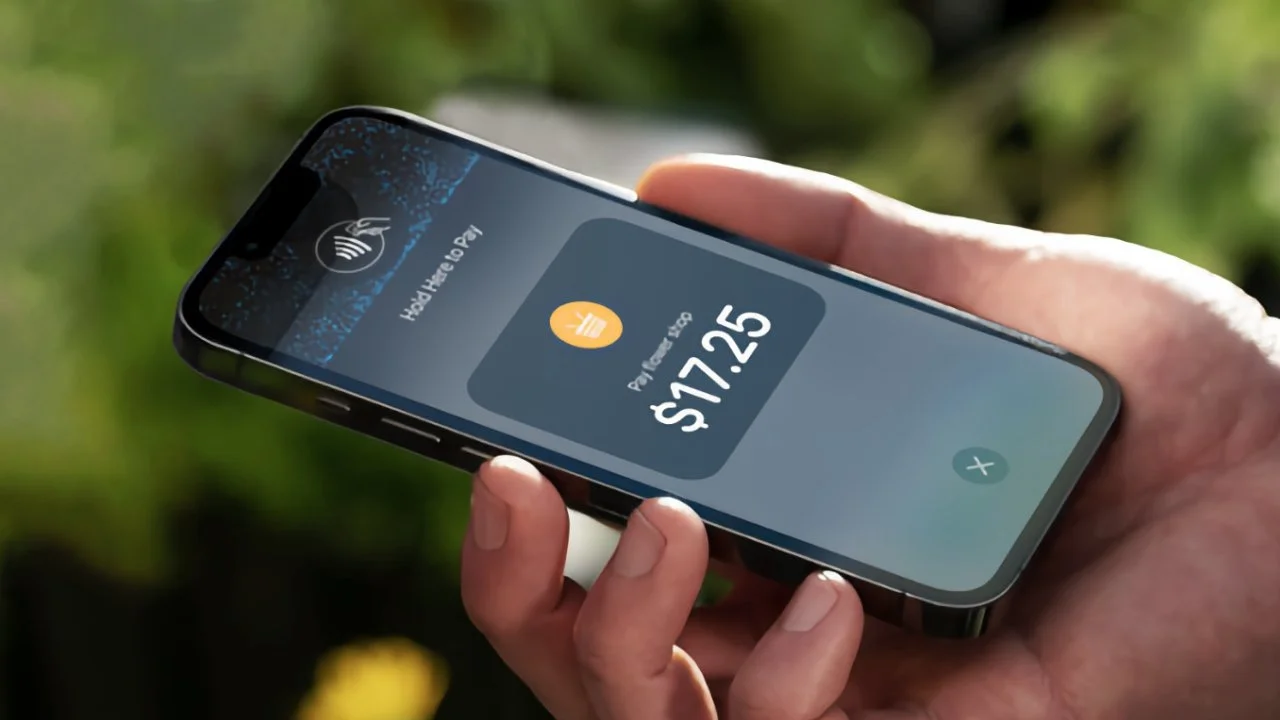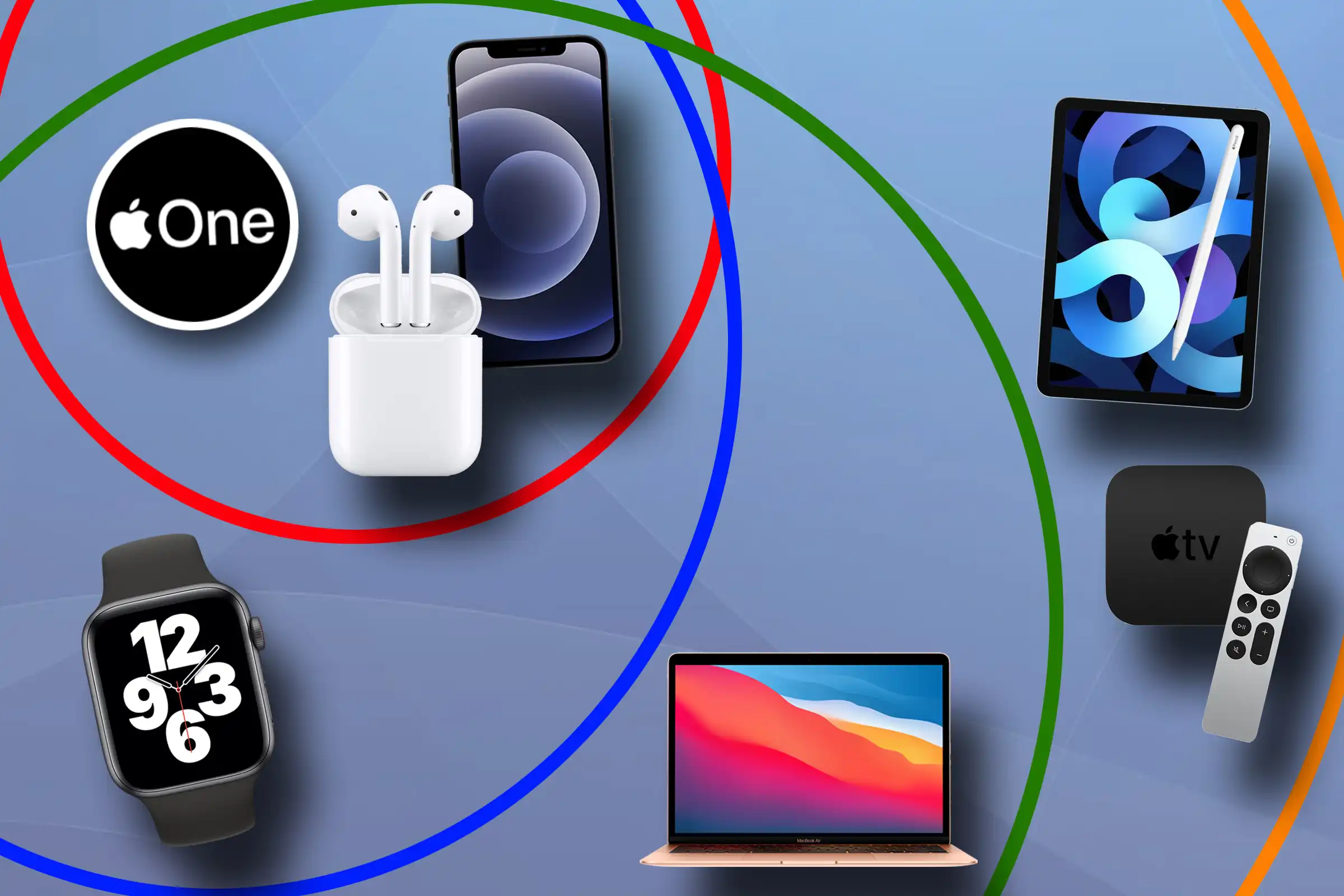The digital news landscape is constantly shifting, with publishers facing new challenges in reaching audiences and generating revenue. In this dynamic environment, Apple is reportedly preparing a significant expansion of its News app, signaling a renewed commitment to delivering quality journalism to a wider global audience. Beyond its current presence in the US, Canada, the UK, and Australia, Apple is planning to introduce its News platform to new territories, marking a major step in its ambition to become a central hub for news consumption.
This expansion isn’t just about adding new countries to a list. It involves a deeper investment in local news coverage, tailoring the experience to the specific needs and interests of readers in each region. For example, in the UK, Apple is said to be bolstering its locally focused content and introducing its popular puzzles section, a feature currently enjoyed by users in the US and Canada. This localized approach demonstrates Apple’s understanding that news is inherently tied to place and community.
Apple News offers a blend of curated and personalized content through its free and subscription-based models, Apple News+ and Apple News. These platforms provide access to a diverse range of content, including articles from renowned magazines and newspapers, as well as engaging games, insightful podcasts, and informative newsletters. The free service operates on an advertising-supported model, while Apple News+ offers an enhanced experience for a monthly subscription fee.
This strategic move comes at a crucial time for the media industry. Many publishers have experienced significant declines in digital revenues due to various factors, including changes in social media algorithms and the rise of AI-powered content summarization. These shifts have made it more difficult for publishers to reach readers through traditional channels. Apple’s renewed focus on News presents a potential lifeline, offering a new avenue for publishers to connect with audiences and generate revenue.
Apple News has already established a substantial user base, reaching an estimated 125 million people each month. This reach contributes significantly to Apple’s growing services division, which encompasses other successful ventures like Apple TV+ and Apple Pay. The services sector represents a substantial portion of Apple’s overall business, generating billions in annual revenue. The expansion of Apple News is poised to further strengthen this vital part of Apple’s operations.
One of the interesting aspects of Apple News is its unique audience demographic. According to reports, Apple’s research indicates that the News app attracts a different readership compared to many individual publishers. This audience is often described as more affluent and influential, with a strong presence in key political and business circles. This suggests that Apple News has the potential to reach a highly engaged and influential readership, which could be particularly valuable for publishers.
However, the relationship between Apple News and publishers is complex. While some publishers have benefited significantly from the platform’s reach, others have faced challenges in monetizing their content. Apple’s stringent data privacy policies, while beneficial for users, can make it difficult for advertisers to target readers with the same level of precision as on other platforms. This presents a unique challenge for publishers seeking to maximize advertising revenue through Apple News.
Despite these challenges, Apple’s commitment to expanding its News app signals a positive development for the news industry. By investing in quality journalism and providing a platform for publishers to reach new audiences, Apple is playing a vital role in supporting a healthy and diverse media landscape. As the digital news environment continues to evolve, Apple News is poised to become an increasingly important player, connecting readers with the information they need to stay informed and engaged with the world around them. This expansion represents not just a business move for Apple, but a commitment to the enduring importance of quality journalism in the digital age.
Source





